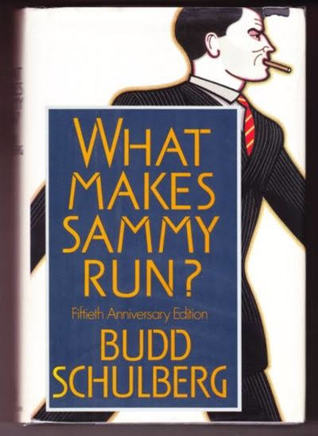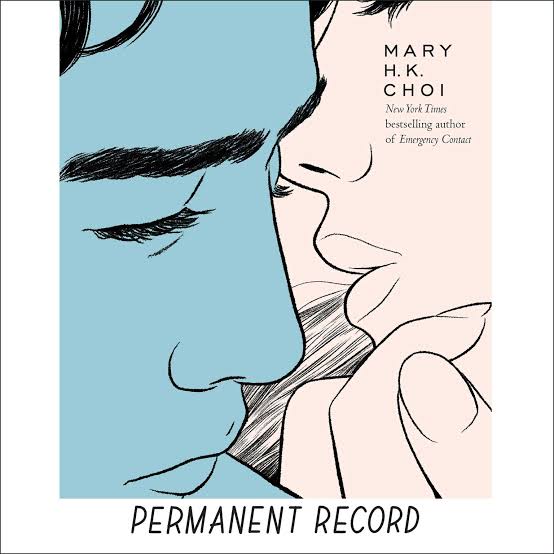
Two completely different novels continually came to mind while reading Self Care, a funny and incisive satirical tale about two female entrepreneurs who create Richual, a social media company for women who want to take better care of themselves (and how that company, like so many others, is anything but nurturing).
The first is American Psycho by Brett Easton Ellis, which spends a lot of its time talking about the different self-care products that its serial killer Patrick Bateman meticulously uses. As Richual’s co-founder Devin takes the reader through the various lotions and expensive yoga studios that she uses, Bateman came to mind. Both characters come from privileged backgrounds, both use consumerism (and Self Care shows how wellbeing can be hijacked into a form of consumerism) as a way of making up for a lack of identity, and both are outwardly successful and confident and yet in need of genuine character.
The second novel I thought of is the comedy E by Matt Beaumont, a fun, trashy read that’s written in the form of emails that the various staff of a London ad agency send each other. It sounds like a gimmick (especially as E was written 20 years ago, when people were still coming to terms with work email) – and yet I ended up loving the novel for its witticism and unique form of storytelling. I could be pompous and say E is simply a variation of the epistolary novel – ie a novel that uses letters and other documents to help tell the tale – or that it’s a form Douglas Coupland has used at least twice (I could never bring myself to read more than two of his books) but E still seemed fresh to me. Self Care shows how much (and how little) has changed in the world of communication by often using tweets, texts, Slack messages, press releases and so on to help tell the story, and it creates a similarly comic effect here.
I hope these lazy comparisons don’t make it look like I’m disparaging Self Care – because I’m not. On the contrary: I loved how it mercilessly skewers anyone and everyone in its path, that it doesn’t even try (or need) to have a genuinely likeable character, and that it manages to be both light and fun to read while ripping our social media-obsessed society to shreds (and yes, I’m still going to share this book review on all my socials).
Instead, I made the comparisons because this novel achieves the rare feat of having the gravitas of American Psycho (even Self Care’s ending is reminiscent of how American Psycho ends) with the light, frothy satire of E.
I highly recommend this.


